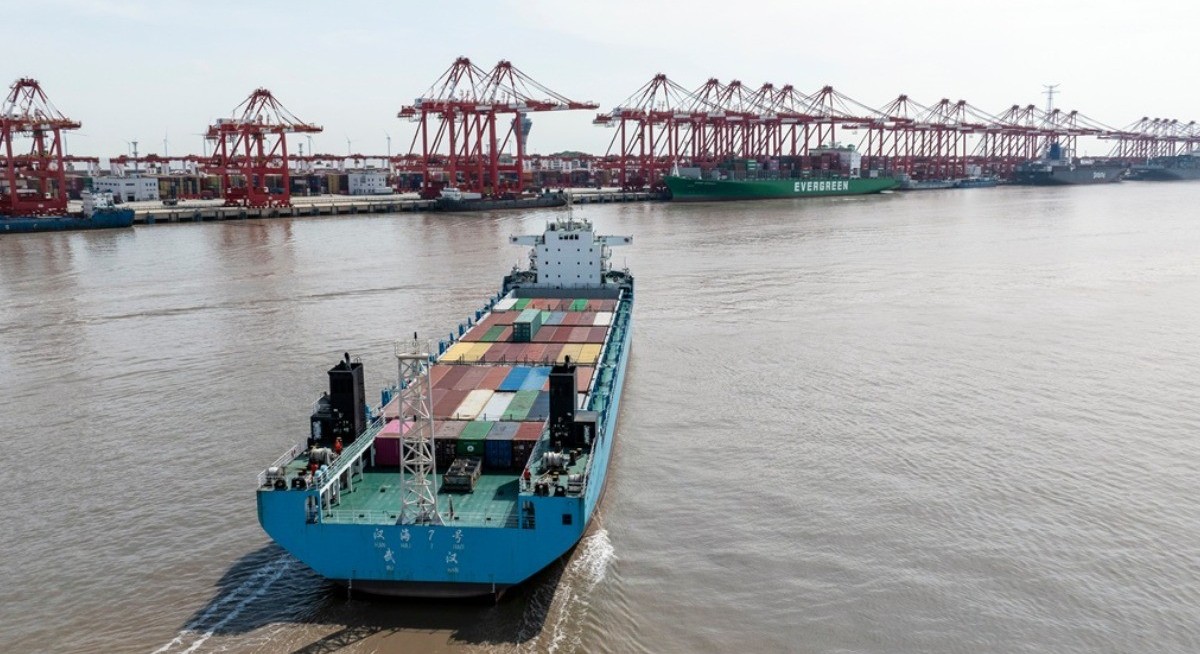(Oct 28): China expanded its free trade pact with a group of Southeast Asian nations, deepening its economic ties with a region that US President Donald Trump sought to court with a flurry of trade deals.
Chinese Premier Li Qiang and Malaysian Prime Minister Anwar Ibrahim on Tuesday oversaw the signing of an agreement in Kuala Lumpur to expand the China-Asean Free Trade Area (CAFTA). The protocol includes vows to lower trade barriers and facilitate the green economy, which may help Beijing boost exports and offset the impact of US tariffs.
The move came a day after Trump wrapped up a visit to the city that secured deals giving the US more access to rare-earth minerals, while exempting some of the region’s exports from US tariffs. The trade deals are crucial for the 11-member Association of Southeast Asian Nations (Asean), which now sells more goods to the US than to China.
During a speech, Li sought to project his nation as a champion of free trade and called for unity with the Asean grouping. Without naming the US, China’s No. 2 official appeared to blame Washington for sowing discord in the region.
See also: China streamlines foreign investor rules to lure long-term funds
See also: Burger King owner said to shortlist CPE, HSG for China stake
“Interference by external forces in our region is rising, and many countries are being unreasonably subjected to high tariffs,” Li said. “Faced with strong political and economic bullying, disunity and confrontation will not only bring no benefits, but will lead to division and rule by external forces.”
Li’s comments underscore China’s efforts to strengthen ties with its largest trading partner. For Asean, forging better relations with both superpowers is key to ensure a steady supply of input materials and access to wealthy customers.
The upgraded agreement, called CAFTA 3.0, carves out new areas including green economy and supply-chain connectivity. This represents a potential strategic win for Beijing, which is seeking new markets for its massive industrial capacity in solar panels, batteries and electric vehicles.
According to a statement from the Ministry of Commerce in Beijing, the pact facilitates trade in green products and includes a commitment that neither side will use environmental standards as a “disguised means of trade protectionism.”
China and Asean would also jointly develop regulatory standards for new energy vehicles (EVs), according to the ministry. This alignment may ease market access and help China’s sprawling EV manufacturing sector find new buyers, insulating it from US tariff threats.
For Asean, the deal is a key part of its delicate balancing act. The bloc’s leaders met with Trump on Sunday to secure their own trade agreements. Malaysia, one of four Southeast Asian countries to sign documents with Trump this week, said its deal offers tariff exemptions for the country’s palm oil, cocoa and pharmaceuticals.
Uploaded by Liza Shireen Koshy






